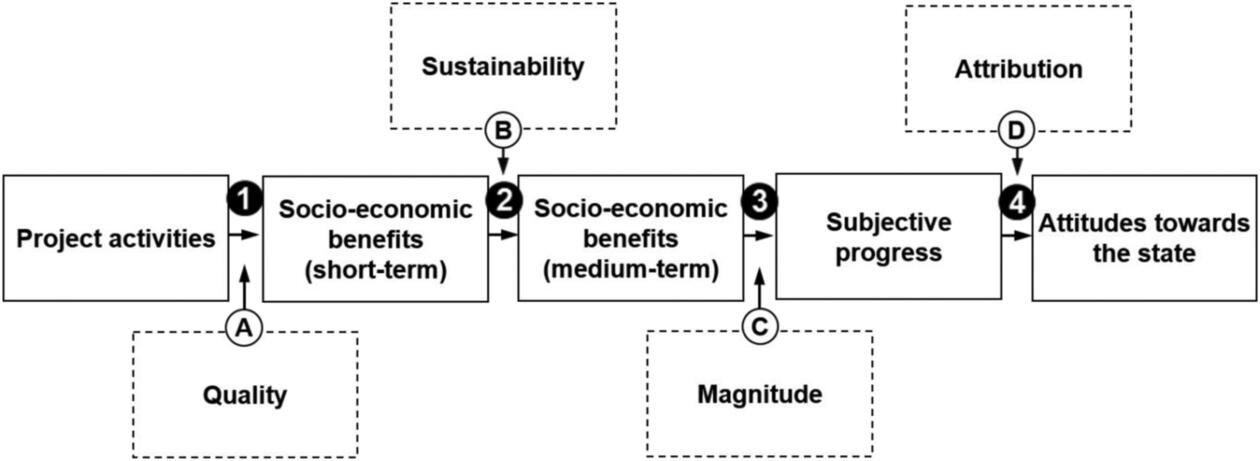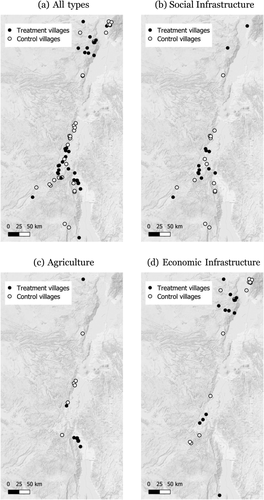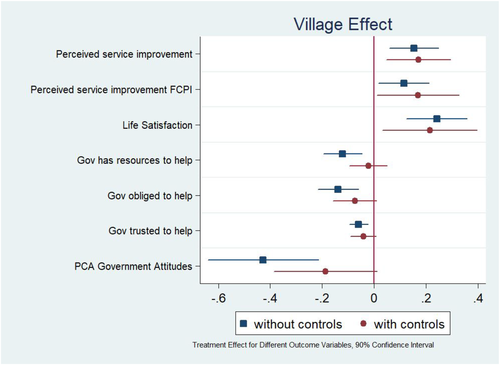Does state building improve state-citizens relations in conflict-affected countries?
In a new article, Carlo Koos together with Alexander De Juan, Miquel Pellicer and Eva Wegner show that foreign aid-funded state building projects can improve people’s access to basic services but fail to improve citizens’ attitudes towards the state.

Hovedinnhold
State legitimacy in conflict-affected countries is typically low. Many aid interventions aim to (re)build state institutions and foment sustainable state–society relations by improving people’s access to basic services such as health care, education, water, and infrastructure.
Koos and colleagues have collected data from more than 1,500 households in eastern Democratic of Congo (DRC) and assessed the impact of a major German-funded aid program(ca. 50 million Euro) on people’s access to basic services, life satisfaction, and attitudes towards the state. In a quasi-experimental analysis, the authors find that this program has significantly improved people’s access to basic services in the short and midterm, and contributed to life satisfaction, but failed to improve people’s satisfaction with the state.
The authors note that improvements in access to services are an important achievement in a challenging security and logistical environment like eastern DRC. They also find suggestive evidence why the program did not affect people’s attitudes towards the state. First, people reported lacking information about why, where, and how projects where selected and implemented. Second, elite capture inhibited people attributing the program to the state.
As a consequence, the authors emphasize that, first, the ‘modes of delivery’ – e.g., information why a specific service has been implemented in a particular location and not somewhere else – and, second, ‘procedural accountability’ – i.e., information about the decision-making process – matters for citizens to credit the state as responding to some of their needs.
The article can be read in its entirety here.


